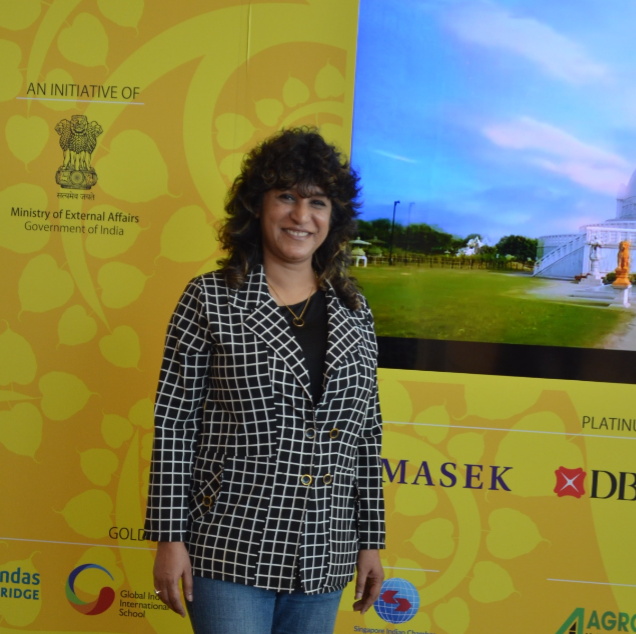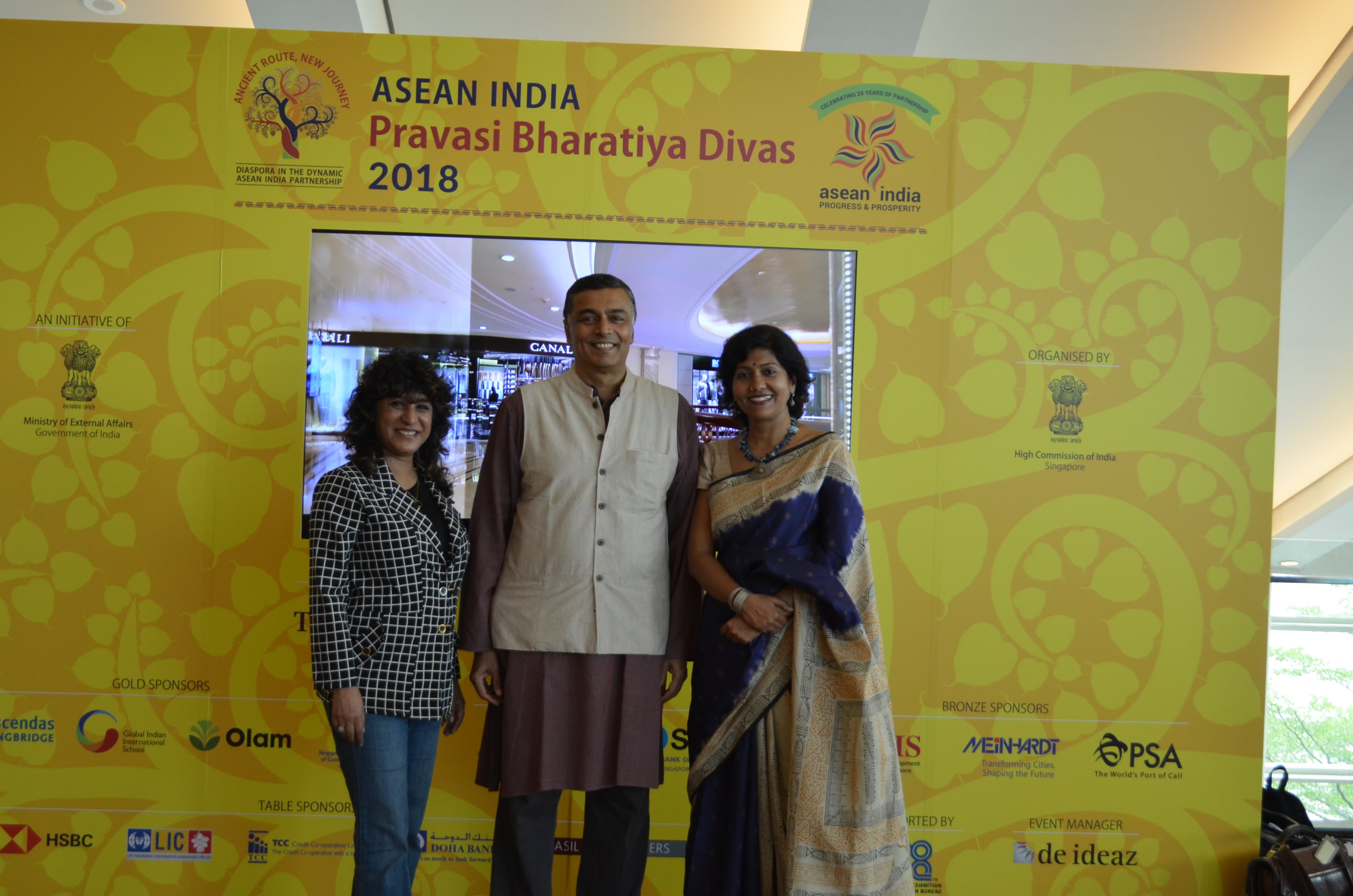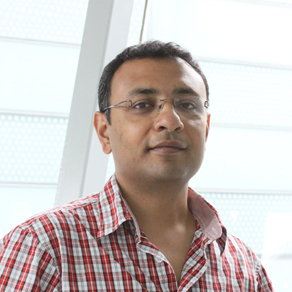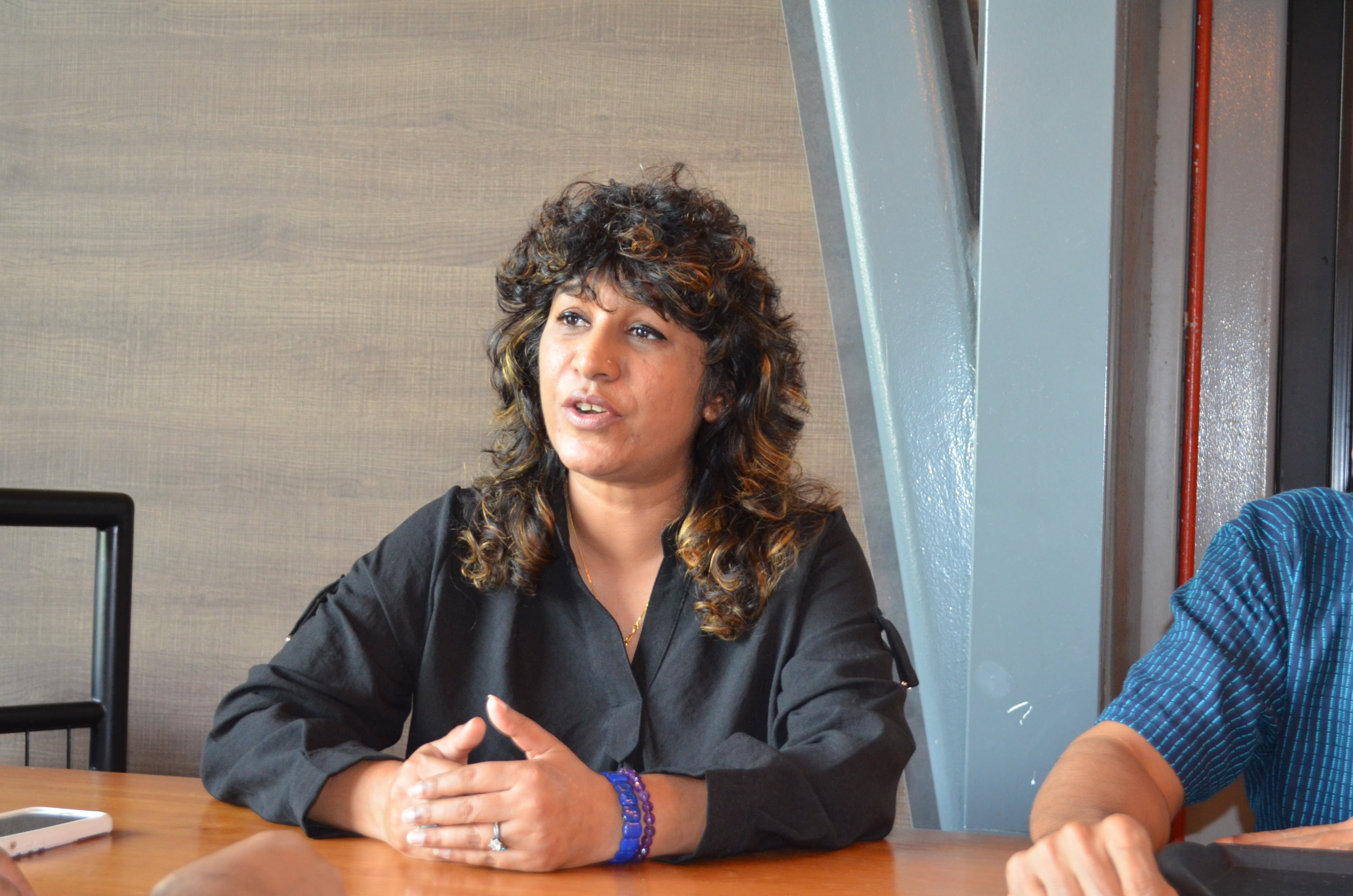Cancer coach, caregiver, professional counsellor, artist and editor; Kimi Shaabi has worn many hats, and her varied and full lifestyle is reflective of her stated philosophy: When you get hit with bad news, like a cancer diagnosis, don’t let it define your life.
As part of her efforts to spread the message, as well as create an organised support system for cancer patients and their families, Kimi is launching ‘Tree of Life’, a social startup aiming to integrate different aspects of wellness medical modalities and ongoing medical treatment into a holistic approach to healing.
Kimi was a caregiver to her husband Neeraj Shaabi, who was diagnosed with oesophagal cancer (Stage 3) in 2015. He underwent surgery, chemotherapy, radiotherapy, immunotherapy and various complementary treatments. Neeraj passed away after two years, but Kimi says he turned his illness into an adventure.
“Speaking as someone who has lost a loved one to cancer, I can say that it seems like the end of the road, but I’m here right now and cancer has given me purpose. I want to be able to make a difference in people’s lives and to fill in the gaps that were not filled in for us,” she said.
“We help you form a structure which is supportive and help you choose which options will work best for you. Well-wishers will give you advice, tips and other knowledge and the biggest thing that will happen is fear of missing out. But it is physically and emotionally impossible for the patient to try the 50 things that people come up with,” she said.
“I did not want our experience to become just another statistic. I wanted it to be meaningful, not just for me but to share the experience where I can help other people to understand that it is not just about the disease; it is about the person,” she said.
“Developing a relationship with cancer (after a diagnosis) is inevitable, but, and I think this becomes very common, you forget your relationship with the person who is undergoing everything,” Kimi stated.
She added that just being able to maintain and develop a relationship with the person undergoing treatment makes a huge difference. “That is what makes a difference in quality of life, enhances longevity and shows better outcomes from treatment,” she said. “It is not the end of the world. It can be, but it doesn’t have to be. How you look at it from the beginning is what changes outcomes.”
Kimi added that every aspect of a person must be addressed, which is where the holistic system comes in. She had joined Vijay Bhat, a ‘cancer thriver’, in his company called Cancer Awakens which offers cancer coaching to those suffering from the disease and their family and friends.
He said, “Cancer Awakens does not operate in terms of cure at all. We work in terms of healing; they are two different things. A cure can come from outside; healing happens to the person from within. A person can be healing inside even as their body is failing.”
“Our work is to focus on the person and help him/her to heal irrespective of the medical outcome. We think in terms of healing, quality of life and the wholesomeness that a person can bring into their life,” Bhat added.
According to Kimi's plan, Tree of Life is to go ahead with cancer coaching and combine it with her counselling practice for patients and families of those afflicted. The organisation is also available to help people interested in promoting their health and reducing the stress induced by modern lifestyles and environment.
“Ensuring health, dealing with stressors and collecting tools to cope are some of the life skills we’d like to help with,” she said. Tree of Life also plans to support the families of cancer patients who have passed away, with Kimi stating that is a time people need a lot of support, even if they don’t recognise it themselves.
Kimi was also emphatic in stating that they are not trying to replace conventional treatments. “This is not an alternative to medical treatment, by any means; it’s a complementary system.” In time, she also plans to bring together a panel of experts and refer clients to them for their nutrition, healing, therapeutic and palliative needs.
The big point Kimi makes is that medicine and care must go hand in hand. Agrees Dr Ramanuj Dasgupta, a Senior Scientist at the Genome Institute of Singapore and Research Associate Professor, NYU School of Medicine, said, “Cancer is not just a physical disease but that's they way it is handled in the society. It (this approach) is detrimental to the psyche of the patient and their loved ones. Therefore, in addition to the clinical care, it is also equally important to have a support group that serves to educate and support the patient as they go through their journey of treatment. Not only are they(cancer patient's family) better informed, which makes them aware and therefore able to cope more objectively with the clinical management of the disease. They can also share their experiences with others afflicted with cancer through the support groups, which encourages them to be positive and take a ‘fighter’ attitude towards defeating the illness.”
“A cancer diagnosis is debilitating, the treatment is traumatic and the whole family is involved,” Kimi said. “Tree of Life is not just offering coaching for the patients, but counselling for the families as well. Coaching the patient and counselling the family creates a whole system where the patient feels supported and the family can deal with watching their loved ones suffer as well as the fear of treatment. We minimise the stress on the entire family so we can work towards a better outcome.”
She added that it is only with support, counselling and coaching that they can deal with the stress and be part of an effective support system. Her organisation is not just for cancer patients but to ensure health overall to help patients and families through treatment.
“Our goal is to encourage healing, and through emotional, physical, spiritual and systemic modalities, we are looking to decrease chances of recurrences as well,” she signed off.






